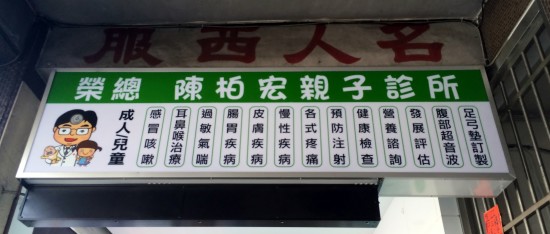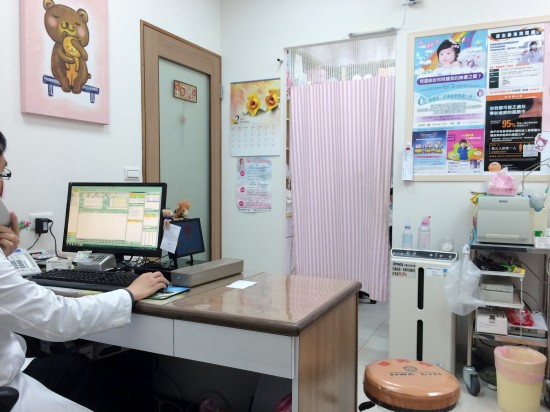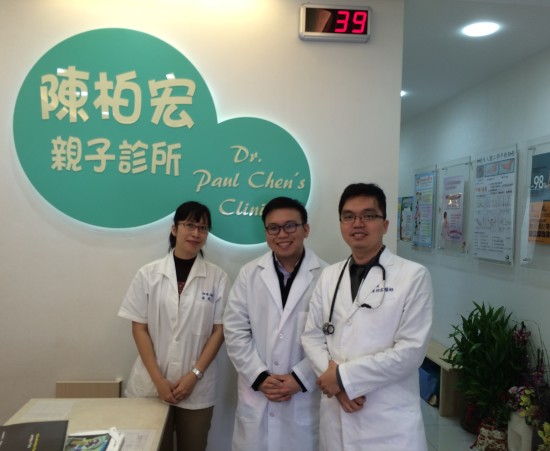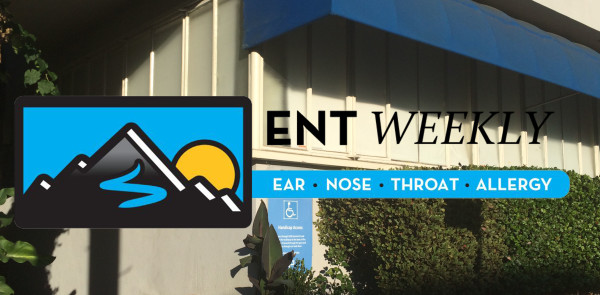This week on ENT Weekly, we take a small break to visit the healthcare of another country half a world away. This year, I had the opportunity to shadow physicians in Taiwan on a recent trip to visit family. Taiwan is an island country home to 23 million people and is located 100 miles off the southern coast of mainland China.
To understand healthcare in Taiwan, two important topics need to be discussed: Chinese medicine and national healthcare. Both topics can be the subjects of entire books, but here are some quick summaries. Chinese medicine describes a broad range of medical practices such as acupuncture, herbal remedies, and other similar therapies to manipulate bodily energy to promote health. Although largely seen as complementary in Western countries, many patients in Taiwan firmly believe in its efficacy.
Taiwan has a universal healthcare model, seen in the National Health Insurance, in which citizens have free range to choose hospitals and physicians without needing referrals and do not have to worry about waiting lists. Citizens are issued a health card, which carries their “chart”, showing medical history and prescriptions, which come up on a computer screen. Upon completion of the visit, physicians are paid a flat rate by the government for their services, similar to how Medicare works in the United States.

The signboard outside of Dr. Chen’s office offers a dizzying array of services from allergy care to gastroenterology.
Source: Justin Chin.
My chat with Dr. Paul Chen in between his steady influx of patients revealed to me many fascinating intricacies and nuances of the healthcare system. Born in Taiwan, Dr. Chen specialized in pediatrics, with board certification in the US. His medical interests included pediatric otolaryngology, dermatology, and gastroenterology. While seemingly disparate in nature, Dr. Chen noted that having diverse medical interests and knowledge was crucial for many primary care doctors in Taiwan. Since patients do not require referrals, anyone can walk in, present their medical card, and be seen that day.

Dr. Chen’s exam room is what you would expect a stereotypical pediatrician’s office to look like, with the classic blue and pink color scheme.
Source: Justin Chin
For example, the first patient was a 40 year old male, complaining of back pain. Not someone who would normally be seen in a pediatrician’s office in the US. Not someone who fit in any of the medical interests of Dr. Chen. Yet, he was still someone that had to be seen. Palpation of his lower back made it evident that he needed to visit a neurologist or physical therapy. He then revealed a plethora of other medical issues: a sore throat, allergies, ear pain, headaches, runny nose, and the complicated timelines and Chinese herbal remedies associated with all of these symptoms. The patient expected a cure for all of these, and patiently waited for medications to be dispensed. Dr. Chen took it in stride and began listing off the various antihistamines, antibiotics, probiotics, analgesics, and other supplements that the patient would need to take. The patient left happy with the knowledge that he would be healed, and the doctor moved onto his next patient.
This scenario was repeated with each patient, occasionally interrupted by actual pediatric patients. This model of healthcare was something truly unique, and I would advocate for others in the medical field to experience how medicine works in other countries as it truly gives one perspective on how intricate and different medicine can be.

Many thanks to Dr. Chen (right) and his charge nurse Linda (left) in welcoming me into their clinic for shadowing. The photo was taken at lunch time, after we saw a total of 39 patients in the morning.
Source: Justin Chin (center).
With that, stay tuned for another post about my time in Taiwan as I go to the opposite spectrum of healthcare, looking at the pay-for-service system.
Featured image source: Justin Chin










